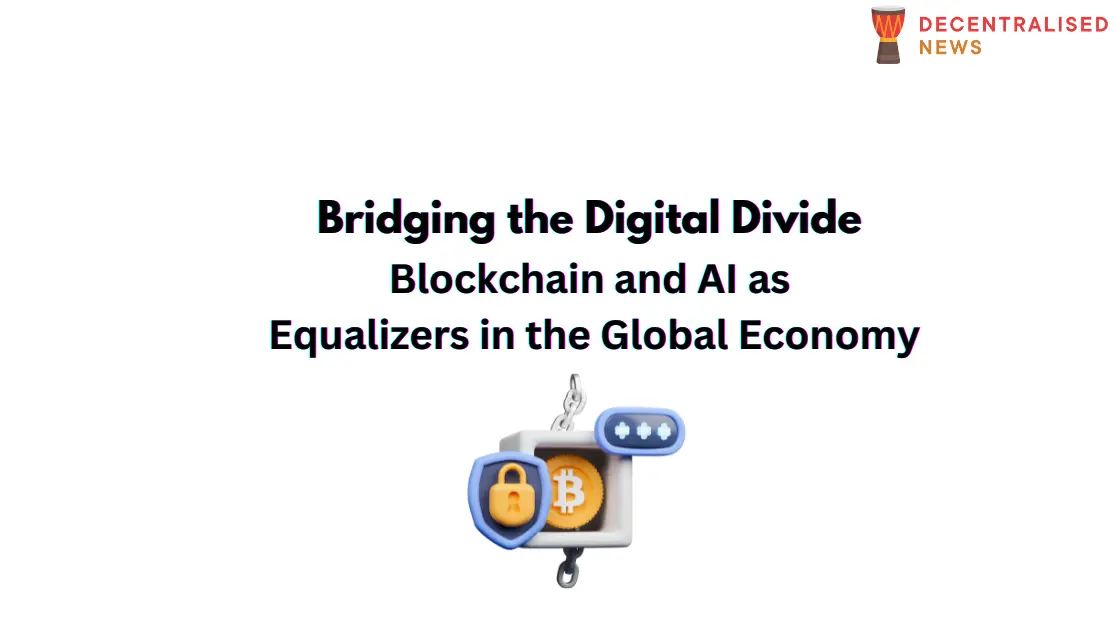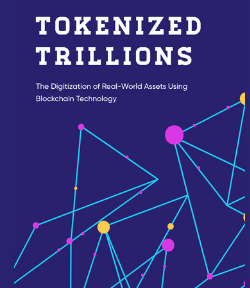
Unleashing the Power of Blockchain and AI in Emerging Economies
New Digital Dawn: Transforming Developing Nations with Emerging Tech and Decentralization.
Blockchain and Artificial Intelligence (AI) are not just buzzwords but transformative forces reshaping the economic landscape. They offer tremendous potential in bridging the chasm between developed and developing countries, addressing capital inequities and revolutionizing key sectors from supply chain management to financial services.
With the seismic shifts in globalization, the time is ripe for developing nations in Africa and Asia to seize this digital leapfrog opportunity.

Reshaping Supply Chains and Infrastructure
The application of blockchain in supply chain management can bring about transparency, traceability, and efficiency. Nigeria’s Farmer Connect uses IBM’s blockchain technology to create an equitable and transparent supply chain for smallholder coffee farmers, enabling them to earn more from their produce.
Similarly, De Beers’ pioneering blockchain platform, Everledger, tracks the provenance of diamonds from mine to market, combating unethical practices in the industry.
AI’s capacity for data analysis and prediction can revolutionize critical infrastructure. An example is Google’s AI-driven flood forecasting system in India and Bangladesh, which provides accurate, timely warnings, potentially saving lives and resources.
Digital Currency Revolution

CBDCs, although largely seen as a tool for control, could also expedite financial inclusion in unbanked areas, stimulate economic growth, and enhance monetary policy efficacy. China’s digital yuan and The Central Bank of Nigeria’s eNaira are examples of early adopters.
Entrepreneurship and Innovation
Emerging markets are fertile grounds for innovation. African fintech startup, Chipper Cash, utilizes blockchain to facilitate cross-border transactions, serving millions of users across several African countries.
Similarly, the Indian edtech startup, Byju’s, leverages AI to deliver personalized education, an initiative that could be replicated across developing countries to bridge the education gap.
Regulatory Agility and Tech Adoption
Contrary to developed markets laden with legacy systems and bureaucratic red tape, emerging economies can leapfrog to advanced technologies. McKinsey’s research indicates that digitization could deliver a $3.7 trillion GDP boost to emerging economies by 2025, more than the GDP of Germany.
Developing countries need regulatory agility to facilitate tech adoption. Estonia’s success in digital transformation was due to its responsive regulatory environment, offering lessons for other countries.
Future Possibilities
Looking forward, blockchain’s potential extends beyond cryptocurrencies. Decentralized Finance (DeFi) promises democratization of finance, creating equitable access to financial services. Meanwhile, the rise of non-fungible tokens (NFTs) could revolutionize sectors like arts and real estate, creating new avenues of wealth generation.
AI and machine learning can spur development in healthcare, agriculture, and disaster management. AI-driven precision farming can increase yields while reducing resource usage, critical for food security in developing countries.
The Road Ahead
To harness these opportunities, developing countries need to invest in digital infrastructure, prioritize STEM education, encourage public-private partnerships, and cultivate an entrepreneurial ecosystem.
As developing nations navigate the path of digital transformation, it is essential to remember that technology is a tool, not a panacea. Policies should be inclusive, focusing on digital literacy and data privacy to avoid deepening digital divides.
The coming decade will be transformative, with emerging technologies propelling developing nations towards an equitable global economy.






